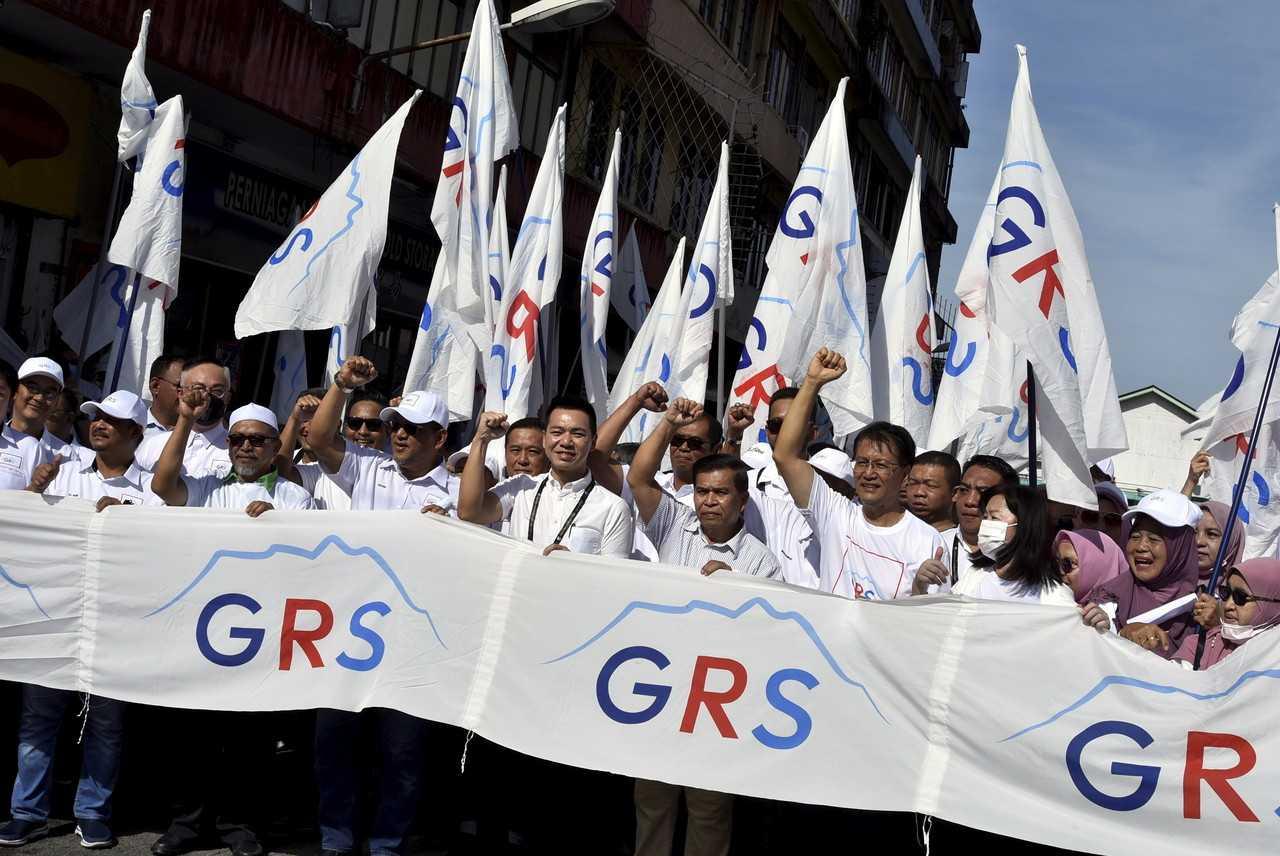Tough for Sabah to follow Sarawak, analysts say on local rule
They say that Sabah will face hurdles in following in Sarawak's footsteps despite the long-standing slogan of 'Sabah for Sabahans'.
Just In
Analysts warn that Sabah might face hurdles in following in Sarawak's footsteps by creating a bloc made up of local political parties without intervention from the peninsula.
Speaking to MalaysiaNow, they said Umno's influence remained strong despite the long-standing slogan of "Sabah for Sabahans", adding that it would be difficult for any party to form the government without its cooperation.
The Sabah election in September 2020 saw Barisan Nasional (BN) and Perikatan Nasional (PN) together winning 38 seats in the legislative assembly, obtaining the simple majority needed to form the state government.
Umno won 14 seats, followed by Bersatu (11) and STAR (six), while PBS won the remaining seven.
Hajiji Noor was appointed as chief minister, and went on to become chairman of Gabungan Rakyat Sabah (GRS) upon its official registration as a political entity in March 2022.
Both GRS and Gabungan Parti Sarawak (GPS) threw their support behind Pakatan Harapan (PH) to form the federal government with BN in the wake of the 15th general election in November.
Hajiji later said that the parties from Sabah and Sarawak should form a bloc of local entities to represent the people of Borneo.
Oh Ei Sun, a political analyst from the Singapore Institute of International Affairs, said it would be difficult for Sabah to follow in Sarawak's footsteps as the influence of peninsula-based parties in the state remained strong.
"With Umno and Bersatu being still entrenched, and PAS developing its influence in Sabah, it is rather difficult to see how this could be achieved in the short run," he said.
"And in the long run, PAS is likely to become entrenched, too. So it is almost a no-win situation in terms of Sabah ever being governed solely by local parties in the future."
Political turmoil
Sabah became embroiled in a political crisis after state BN chairman Bung Moktar Radin publicly withdrew his support for Hajiji's leadership, accusing him of breaching the agreement of cooperation between his coalition and GRS.
Many expected Warisan president Shafie Apdal or Bung Moktar himself to take over as chief minister. However, neither obtained the majority support needed in the state legislative assembly.
Oh said the political turmoil was unlikely to have a significant impact on the government led by Prime Minister Anwar Ibrahim.
"GRS has only six parliamentary seats, so in principle its withdrawal would not necessarily bring about the downfall of the unity government.
"But of course, in these politically turbulent times, every 'retained' seat counts for Anwar in his quest to remain prime minister," he added.
He also said it was unclear if PN chairman Muhyiddin Yassin would "take back" Hajiji and his "clique".
"The parliamentarians would just change their allegiance in effect and not literally switch parties, so as not to trigger the anti-hopping law," he said.
"But again, in these politically turbulent times, every additional or 'reclaimed' seat matters for Muhyiddin, too, in his quest to topple Anwar.
"In any case, Hajiji could always form his own or take over an existing party to remain politically relevant, with his parliamentarians observing the anti-hopping caveat above."
James Chin of Australia's University of Tasmania meanwhile said the political upheaval in Sabah was nothing out of the ordinary.
A crisis occurred in May 2018, when Shafie was appointed as chief minister after Musa Aman lost the support of the majority in the legislative assembly.
And a similar situation unfolded in 2020, when Musa claimed to have obtained the numbers needed to be made chief minister. Shafie later announced the dissolution of the state assembly in order to pave the way for a state election in September.
When asked if the recent events would trigger public dissatisfaction, Chin said that "small people" did not matter to politicians in the country.
"The politicians see themselves as kings, so they can do whatever they want," he added.
"In terms of what's happening in Sabah, I think people are resigned to the fact that Sabah is the Wild West or the cowboy country for politics in Malaysia.
"Anything can happen, so people don't really expect much. But rumours about replacing Hajiji are not new. They were around even before GE15."
Subscribe to our newsletter
To be updated with all the latest news and analyses daily.
